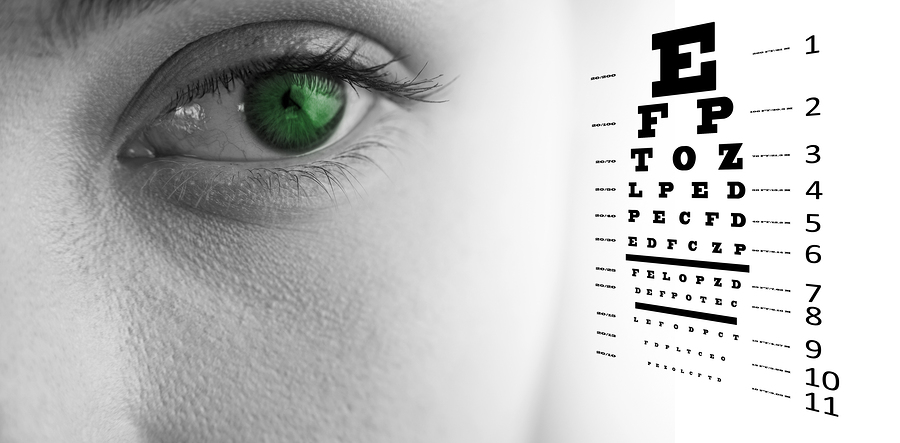The macula is the central and most vital part of the retina. Macular degeneration is a condition where this area degenerates, resulting in diminishing and even loss of sight. The condition tends to run in families. Macular degeneration can slowly or suddenly produce loss of vision. It is painless.
There are two forms of macular degeneration, wet and dry. In dry macular degeneration (also called atrophic), a pigment is deposited in the macula; there is no indication of scaring, bleeding or other damage. In wet macular degeneration, an exudate is formed (leaked material) and forms a mound which is often surrounded by small hemorrhages. Eventually, the mound contracts and leaves a scar.
A natural treatment of macular degeneration was recently presented in the Journal of Orthomolecular Medicine (1998;13(4):211-214). There were 46 subjects, each with dry macular degeneration. They were given the following nutrients twice daily:
- 400 IU natural vitamin E
- 40,000 IU beta carotene
- 1500 mg. vitamin C
- 250 mg. citrus bioflavonoid complex
- 100 mg. quercetin
- 10 mg. bilberry extract
- 100 mg. rutin
- 25 mg. zinc
- 100 mcg. selenium
- 200 mg. taurine
- 200 mg. NAC (N-acetylcysteine)
- 10 mg. glutathione
- 50 mg. riboflavin
Several times each week, the subjects also received micro-ampere electricity applied to the closed eyelids. Their vision was checked after each electrical treatment, and it improved after each treatment. Over a two-year period, the subjects did experience improvement in vision. Another group receiving the electric stimulation less frequently did not enjoy this improvement.






